Business
FIRS Targets N1.8trillion Revenue From VAT Collections In 2017
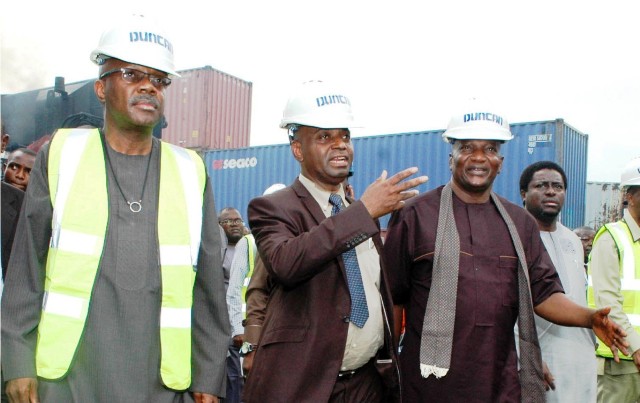
The Federal Inland Revenue Service (FIRS) Tuesday, declared N1.8 trillion as its expected revenue collection from Value Added Tax (VAT) for the year 2017 .
The Executive Chairman of FIRS, Mr Tunde Fowler made this revelation during the 2017 budget defence presentation to the Senate Committee on Finance by his agency .
The FIRS boss told the committee that the budget was focused on capacity to increase VAT and other non-oil revenue.
He noted that principally, VAT is expected to grow from an actual of N828 billion to a budget of N1.8 trillion which is over 125 per cent increase.
He also told the committee that the achievement of the 2017 budget will be driven by VAT collection.
“The Service in realization of this responsibility and challenges of doing manual collection, have automated VAT collection for the critical sectors of the economy notably telecommunications, airlines and financial institutions.” he added .
Fowler said that the deployment of the platforms is at no cost to
the Service while the consultants will only be rewarded on incremental revenue generated.
He told the committee that the Service proposed to collect the following tax revenue target as derived from Federal Government 2016-2018 Medium Term Revenue Framework (MTRF) for 2017 amounting to a total of N4.89 trillion.
Fowler. said that the budget for oil revenue dropped by 9 per cent
over 2016 actual due to low oil price that operated in the year.
On budget parameter, the FIRS boss said that the 2017 projected
cost of collection of N153.44 billion is higher than the
2016 approval estimate which stood at N143.90 billion.
The figure, he said, represent a cost of collection increase of 6.63 per cent on overall projected non-oil revenue including
VAT, stamp duties and levy. Fowler prayed the Senate to approve “the surplus budget of N848arising from an expected total revenue of N153.4 billion over expenditure of N152.6 billion.”
On the revenue projections performance for the period January
to June 2017, the FIRS boss said that the analysis showed that the Service have recorded an increase of N224 billion representing an overall increase of 14 per cent in 2017,
when compared with the collection performance for the
corresponding period in 2016.
His words “We have therefore achieved 72.93 per cent of our half year target of N2.44 trillion for 2017 as against 74.2 per cent of N2.1 trillion for the corresponding period in 2016.
He put tax collection between January to June 2017 at
N1,782,922,600.000 with variation of N224,140,900,000 giving 14 per cent increase of the same period in 2016.
“The chairman may note that we attained this collection performance despite several challenges, as we have continued to vigorously pursued our strategies internally wile improving collaboration with relevant stakeholders to boost our collections.
“The strategies put in place are on course and progressively
yielding fruits. We are hopeful therefore that the efforts being made will translate to significant tax yields before the end of 2017.”
Chairman Senate Committee on Finance, Senator John Enoh, stressed the
need for the FIRS to work to achieve approved target.
Enoh noted that with a deficit of over N2 trillion in 2017 national budget, it would impact negatively on the
implementation of the 2017 budge if the Service failed to meet its target.
Business
Nigeria Targets $1bn Deals At TICAD9 – Tinubu

Business
Bayelsa Recommits To Agro-Economy Diversification … As Delegation Rounds-Off Rwandan Tour
Business
Shippers Council Seeks collaboration Against Stowaways
-

 Sports5 days ago
Sports5 days agoNYG:154 Nasarawa Contingent Storms Kwara For Zonal Eliminations
-
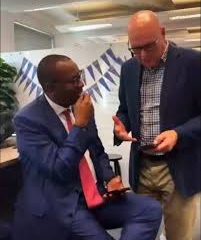
 Sports5 days ago
Sports5 days agoNigeria delegation Visits London over 2030 Commonwealth bid
-
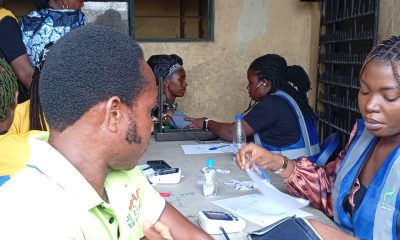
 News5 days ago
News5 days agoChurch Renders Free Medical Outreach, Others To Host Communities
-
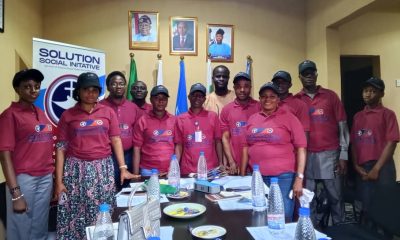
 Niger Delta5 days ago
Niger Delta5 days agoSSI Moves To Empower Residents Of N’Delta Communities
-
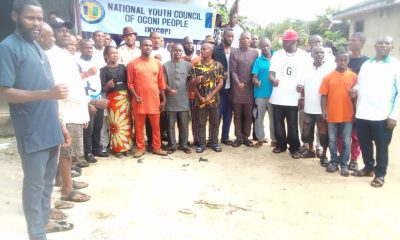
 Nation5 days ago
Nation5 days agoNYCOP Urges Stakeholders To Develop, Empower Ogoni Youths
-

 Opinion5 days ago
Opinion5 days agoBalancing Religious Freedom and Community Rights
-

 Editorial5 days ago
Editorial5 days agoAddressing Unruly Behaviours At The Airports
-
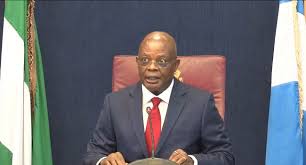
 News5 days ago
News5 days agoRSG To Establish Emergency Management Agency

